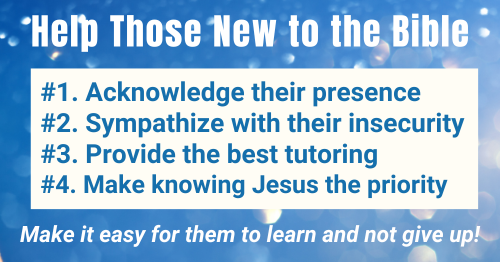The Disease to Please
People-pleasing can hinder a woman’s effectiveness in resolving conflict. Harriet Braiker defines people-pleasing this way:
The Disease to Please is a set of self-defeating thoughts and flawed beliefs
about yourself and other people that fuel compulsive behavior that, in turn,
is driven by the need to avoid forbidden, negative feelings. This triple
combination of distorted thinking, compulsive behavior, and the need
to avoid fearful feelings creates the syndrome of people-pleasing…
People-pleasing can hinder a woman’s effectiveness in resolving conflict. Harriet Braiker defines people-pleasing this way:
The Disease to Please is a set of self-defeating thoughts and flawed beliefs
about yourself and other people that fuel compulsive behavior that, in turn,
is driven by the need to avoid forbidden, negative feelings. This triple
combination of distorted thinking, compulsive behavior, and the need
to avoid fearful feelings creates the syndrome of people-pleasing…
People-pleasers are enslaved to flawed beliefs, feelings and behaviors that make them easy targets for unhealthy adversaries and ineffective as peacemakers. People pleasers are approval addicts. They want everyone to be happy—peace at any price. We admit we struggle with people-pleasing and have worked to slay it.
Is it wrong to want to please people? No, the Bible instructs us to care about the needs of others, to be considerate and kind. When we treat people well, they usually treat us well too—the golden rule. Societies function well when people are civil, honest, even heroic as they interact with others.
But pleasing people has a negative side too. Lou Priolo writes, “It is right to please people to the extent that doing so is not the leading principle or primary motive of your actions, but subordinate to the love of God and the love of neighbor.” However, we don’t always know our motivation—why we do what we do. It’s easy to believe that our primary interest is glorifying God when really a higher goal is our own self-interest, being liked and feeling good about ourselves.
Priolo labels people-pleasing as idolatry, a two-sided coin: one side involves neglecting God and the other side involves replacing Him with cheap substitute, in this case people. Whew, that's harsh! But when we desire the accolades of people more than God or we fear the rejection of people more than the displeasure of God, then we are people-pleasers. If our parents and teachers taught us that the way to please God is to be compliant and nice, true for many Christian women, it’s easy to become muddled as to our motivation. Many Christian women unconsciously fall prey to people-pleasing, an insidious form of pride.
Dr. Hans Selye, the father of modern concepts of stress and stress-induced illness, has another name for people pleasing. He calls it “altruistic egoism.” This mouthful of a phrase is intended to mean that by earning the goodness of others through the generosity of your character and actions, you are actually acting in your own self-interest. If you are kind and giving to others, Selye argued, other people will tend to be kind in return and, therefore, won’t be as likely to cause you stress.
Dr. Selye understood that niceness would not protect you from everyone all of the time. He was adamant that certain people could and would cause harm to you emotionally—regardless of whether you treated them kindly or not. This might occur because the other person is intrinsically hateful, prejudiced or bigoted; or because he or she holds an old grudge and is out to settle a score by punishing you; or simply because the other person is not emotionally healthy or mature enough to be loved and to love in return.
Are you a people-pleaser? If so, how do you fit into these descriptions?


